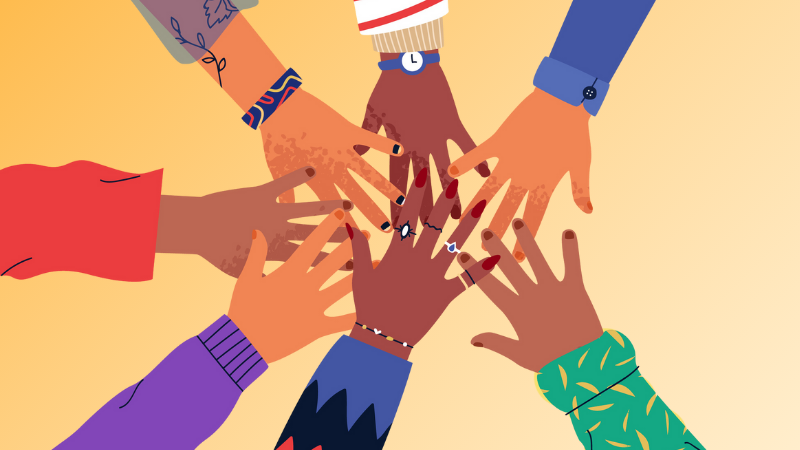The Price of Minority Leaders Making Mistakes

In November 2018, allegations came out that Facebook’s leadership team had knowingly worked to “delay, deny, and deflect” multiple scandals the company had been accused of (such as 2016 Russian election interference as well as sharing users’ personal data). As noted in a New York Times’ opinion article “Lean Out,” much of the coverage has been focused on the role Sheryl Sandberg, chief operating officer of Facebook, played in this. Set aside for a moment whether or not Sandberg or Facebook are guilty, but instead let’s talk about how this issue is being discussed by the media and society in general. Why is it that much (or more) of the focus has been on Sandberg, the second-in-command in the company, rather than Mark Zuckerberg, founder and chief executive officer? Some might suggest that she is more to blame for this situation, but as noted in the Times opinion article, it may be due to “a system that forgave the men for their mistakes, and did not forgive the women.”
Researchers have looked at what happens when leaders (and in particular, minority leaders) make mistakes. One study in particular examined this in the context of race[1]. In this study, two leaders were rated on how they were viewed as a leader after they had made a mistake. Both leaders were identical except in one key aspect: one leader was white and the other leader was black. Even though both leaders made the same mistake, the black leader was rated more harshly for it than the white leader. This pattern of minorities being punished more harshly than non-minorities was also found in a study comparing gay and heterosexual men[2].
Why are minority leaders punished more when they make a mistake than when non-minority leaders do? One explanation may be aversive discrimination[3]. What this refers to is a person who is not overtly discriminatory but instead rationalizes why it is OK to be discriminatory in a particular context. For instance, in the case of a leader making a mistake, a person might be demonstrating aversive discrimination if he justifies his negative evaluation of a black leader because he feels the mistake is a really big one, but he would not think the mistake is such a big deal if a white leader made it. It’s essentially a double standard: black leaders are held to a higher standard than white leaders, which has the end result of the evaluator being discriminatory — but still being able to argue that the discriminatory beliefs are not due to the leader’s race.
The difficult thing about aversive discrimination is that it may be difficult to spot. A person may explicitly identify as an egalitarian person but still exhibit aversive discrimination. In the case of Sheryl Sandberg and Facebook, one might say, “I believe in equality between men and women, but I just think she really handled the situation very poorly – I would have felt the same way if she was a man.” Yet as has been argued, people do not feel the same way about Mark Zuckerberg. This suggests that she is being judged more harshly for making the same mistake he made. Aversive discrimination can happen without a person even realizing he or she is doing it; it is not necessarily always a malicious way of maintaining racism. Instead, a person may be subconsciously making these evaluations unintentionally.
As always, it is important to be thoughtful about these issues. Many of the problems I have written about on Lead Read Today start with awareness: are you making these evaluations without realizing it? Do people at your workplace exhibit these behaviors? As usual, it’s important to remember: the important thing is less so whether or not one engages in aversive discrimination, but more so whether or not the person chooses to do something about it. Many of these attitudes and beliefs are so ingrained in our society that many of us pick them up, no matter how well-intentioned we are. However, that doesn’t mean we can’t consciously think about our actions and how we can make positive changes in our workplace.
References
[1] Knight, J. L., Hebl, M. R., Foster, J. B., & Mannix, L. M. (2003). Out of role? Out of luck: The influence of race and leadership status on performance appraisals The Journal of Leadership and Organizational Studies, 9, 85 – 93.
[2] Nadler, J. T., Lowery, M. R., Grebinoski, J., & Jones, R. G. (2014). Aversive discrimination in employment interviews: Reducing effects of sexual orientation bias with accountability. Psychology of Sexual Orientation and Gender Diversity, 1, 480 - 488.
[3] Dovidio, J. F., & Gaertner, S. L. (1998). On the nature of contemporary prejudice: The causes, consequences, and challenges of aversive racism. In J. L.Eberhardt & S. T.Fiske (Eds.), Confronting racism: The problem and the response (pp. 3–32). Thousand Oaks, CA: Sage.


